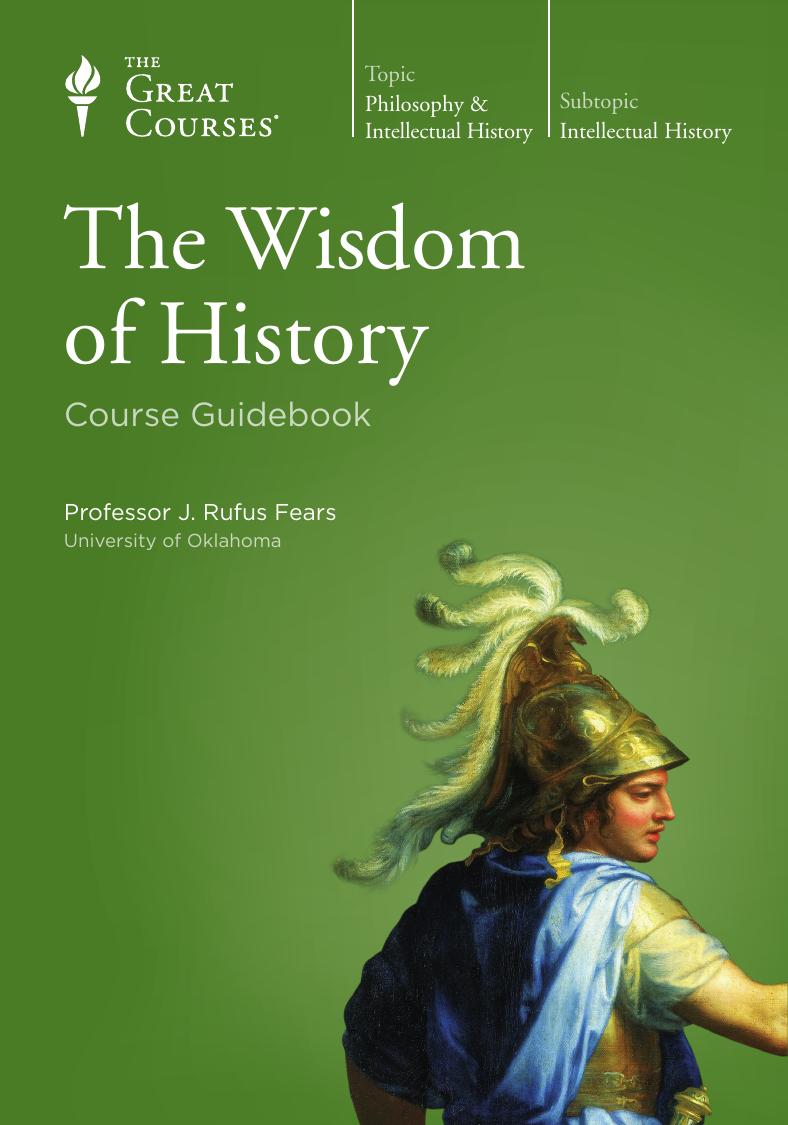

Most ebook files are in PDF format, so you can easily read them using various software such as Foxit Reader or directly on the Google Chrome browser.
Some ebook files are released by publishers in other formats such as .awz, .mobi, .epub, .fb2, etc. You may need to install specific software to read these formats on mobile/PC, such as Calibre.
Please read the tutorial at this link. https://ebooknice.com/page/post?id=faq
We offer FREE conversion to the popular formats you request; however, this may take some time. Therefore, right after payment, please email us, and we will try to provide the service as quickly as possible.
For some exceptional file formats or broken links (if any), please refrain from opening any disputes. Instead, email us first, and we will try to assist within a maximum of 6 hours.
EbookNice Team

Status:
Available4.5
23 reviewsDo the lessons passed down to us by history, lessons whose origins may lie hundreds, even thousands, of years in the past, still have value for us today? Is Santayana's oft-repeated saying, "Those who cannot remember the past are condemned to repeat it" merely a way to offer lip service to history as a teacher—or can we learn from it? And if we can, what is it that we should be learning?
Professor J. Rufus Fears believes that not only can we learn from history—we must. In The Wisdom of History, his newest course for The Teaching Company, he draws on decades of experience as a world-renowned scholar and classical historian to examine the patterns of history. Ignoring them, by choice or because we've never learned to see them, is to risk becoming their prisoner, repeating the mistakes that have toppled leaders, nations, and empires throughout time.
In this personal reflection on history, Professor Fears has taken on the challenge of extracting the past's lessons in ways that speak to us today, showing us how the experience of ancient empires like those of Rome and Persia have much to teach us about the risks and responsibilities of being a superpower. He shows how the study of those who left their impact on an earlier world—Caesar Augustus or Genghis Khan, George Washington or Adolf Hitler, Mahatma Gandhi or Josef Stalin—can equip us to make responsible choices as nations, citizens, or individuals.